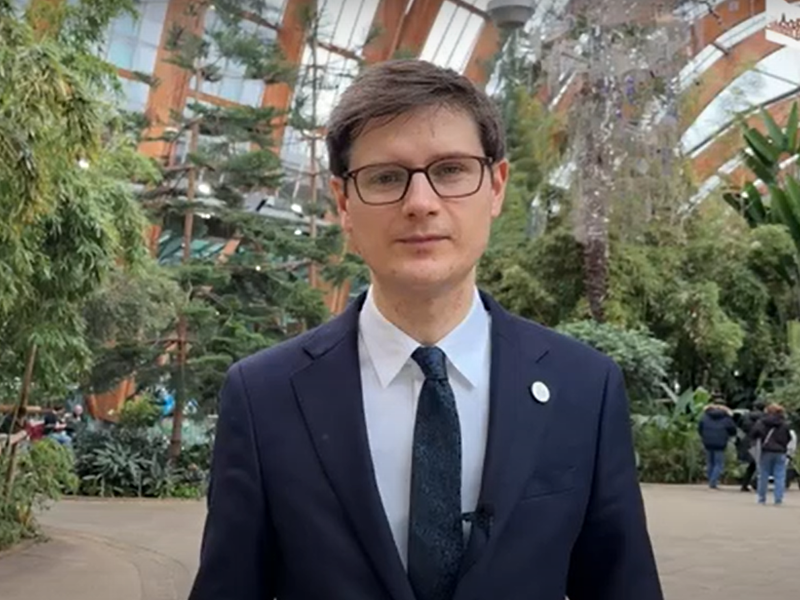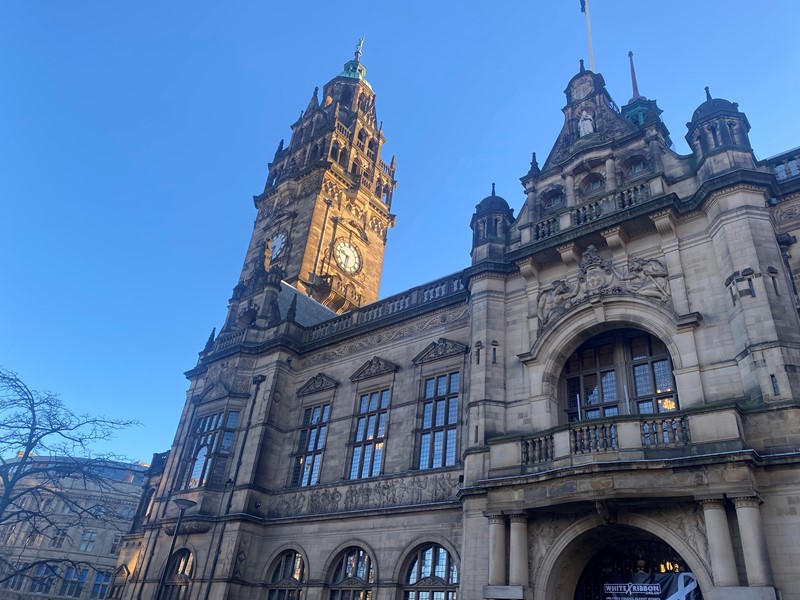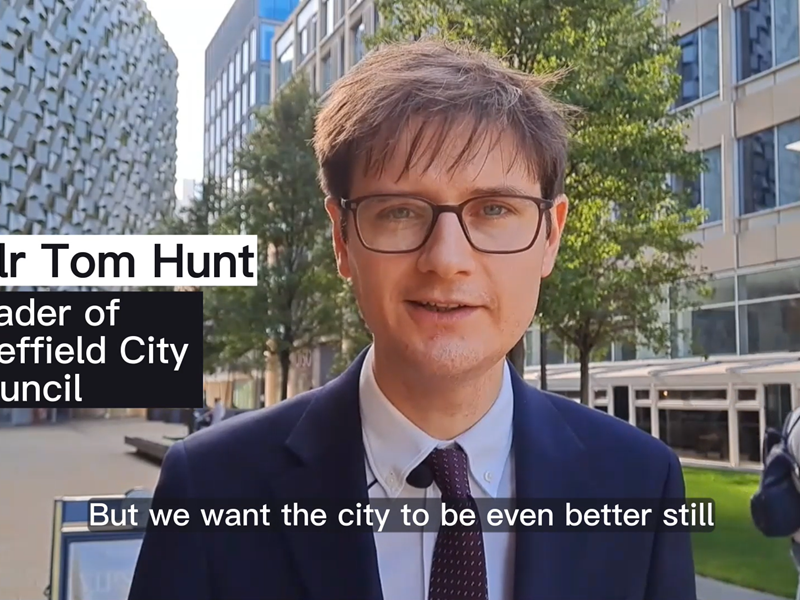Councillor Tom Hunt discusses the upcoming MOBOs and the fringe events taking place across Sheffield to celebrate.
Sheffield City Council leader calls for Moorland burning ban
The leader of Sheffield City Council has called on the Government to ban Moorland burning.
Cllr Tom Hunt has written to the Secretary of State for the Environment Steve Barclay MP, asking for legislation to be introduced that would outlaw the practise of burning on the moors around the city.
In a letter to Mr Barclay, Cllr Hunt says the burning of the Moorland contributes to destroying the biodiversity of the uplands and can lead to an increase in flood risks.
In his letter to the Secretary of State, Cllr Hunt says:
“Dear Minister
“I am writing to you about moorland burning and to call on your government to end this damaging practice.
“The rotational burning of heather moorland by landowners in the Peak District national park is an annual occurrence. Every year Sheffield City Council receives many complaints from members of the public about the impact it has on them. Often, residents call on the council to put a stop to this practice. As you know, the council has limited to no powers to compel landowners to behave responsibly.
“Despite our limited powers, we are doing our part to stop moorland burning. Since 2016, Sheffield City Council has prohibited burning on the moorland that it owns. The Council owns Hathersage, Houndkirk and Burbage Moors, bits of the Eastern Moors, and Blackamoor. We are working with other land managers to promote sustainable land management practices and urge adjacent landowners to follow our lead and introduce a ‘non-burning’ policy in favour of more sustainable management practices. We are also currently exploring the option of issuing an abatement order against landowners.
“We are members of Sheffield Moors Partnership, Eastern Moor Partnership and Moors for the Future which promote sustainable management of the moors and nature conservation; climate change mitigation; flood management; and clean water. We also work with bodies such as the Peak District National Park, The National Trust, the Royal Society for the Protection of Birds and Sheffield and Rotherham Wildlife Trust. They are our tenants and manage the moors on our behalf.
“We know that heather burning is currently a legal activity. Under legislation introduced in 2021, vegetation burning in protected sites (such as SSSIs) and on areas of deep peat over 40cm may only be undertaken with a licence. Sheffield City Council is clear that burning on blanket bog (internationally significant moorland habitat comprising deep peat) is detrimental to biodiversity, peat formation, water quality and carbon storage. The moors surrounding Sheffield and across swathes of the Pennines are internationally important for their biodiversity and need protection. There is no argument for burning on grounds of biodiversity gain that is based on science. We cannot see any rationale for this activity. In 2020, the Committee on Climate Change, the independent, statutory body established under the Climate Change Act 2008, called for an end to rotational burning.
“The government has mandated many cities, Sheffield included, to take significant action to improve air quality. We are taking this action. We all know that air pollution kills and that air pollution from fires has an immediate impact on hospital admissions and A&E attendances. We have had reports from people with asthma and breathing difficulties whose condition is made worse by moorland burning. We all know that the real impact of air pollution is in heart attacks and strokes, and increasingly lung cancer is linked to air pollution. The burning of heather, simply speaking, makes it harder for Sheffield to achieve its air quality improvement ambitions, its climate and net zero ambitions.
“Moorland burning also increases flood risk by reducing the amount of vegetation on our uplands. Only a few weeks ago, in October, we saw significant flooding in parts of South Yorkshire and Derbyshire, as well as across the UK, caused by Storm Babet. Measures to hold more water high up in our river catchment systems, and to slow the flow of water into our rivers, are essential for our communities and for biodiversity. The less vegetation there is on our moors, the quicker the runoff of water.
“Sheffield City Council is taking the steps it can, to tackle moorland burning. I hope you will take action to end this destructive practice and to put pressure on landowners to put an immediate end to it this season.
Yours sincerely
Councillor Tom Hunt
Leader of Sheffield City Council



